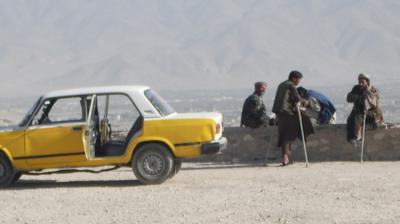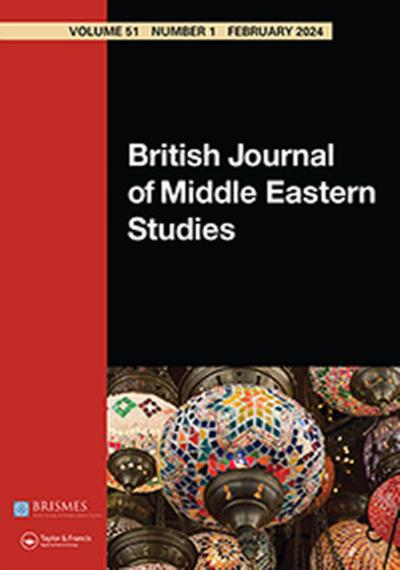Strengthening Nordic development cooperation in and with Afghanistan
The meeting of the Nordic Foreign Ministers in Stockholm on 18 April 2008 adopted a Plan of Action for Nordic Cooperation in Afghanistan to enable them to be a more concerned partner for the Government of Afghanistan (GoA) and the international community. The countries indicated that a joint study should be undertaken to identify differences and similarities in development strategies for Afghanistan, and the possibilities to strengthen this cooperation over time.
The overall aim of an increased cooperation in the development field is to achieve a stronger impact in sectors of particular importance to the Nordic countries. A more efficient organisation of development work should ease the workload for each country. Furthermore, a strengthened Nordic cooperation would enhance cooperation among donors in general, and strengthen the role of the Afghan government in taking overall responsibility for the development of Afghanistan.
The Nordic countries identified the following sectors as possible fields of increased cooperation:
- good governance;
- administrative reform;
- capacity building;
- education;
- respect for human rights, with a particular focus on women;
- justice sector;
- fight against drugs.
It was noted that the Nordic countries differ when it comes to the delegation of authority to the embassies in Kabul, and in how decision making is related to political issues and development. These differences create certain challenges for the Nordic countries at different levels in reaching a common understanding and cooperation on specific development efforts.
This assessment should take into account the Afghan National Development Strategy (ANDS), the Afghanistan Compact, the Paris Declaration, Afghan ownership, the Joint Coordination and Monitoring Board-structure (JCMB), the role of the United Nations Assistance Mission to Afghanistan (UNAMA), and the "Nordic Plus - Practical Guide to Delegated Cooperation". In addition to an understanding of the main development processes and realities in Afghanistan, it was pointed out that it will be important to address the plans of the different donor countries in regard to sectors, aid volume and time perspective. Decision procedures should be outlined.
Based on this Plan of Action, a Terms of Reference was developed and the Norwegian Ministry of Foreign Affairs requested Norad to assume responsibility for the study. Norad appointed Petter Bauck (Norad) and Arne Strand (CMI) to undertake this task.
This report is based on the review of documents received from the Nordic countries, and interviews in Kabul during December 2009 with embassies, Afghan Ministries and Directorates, the United Nations, the World Bank and international and national non-governmental organisations. A series of meetings were held in the Nordic capitals in January 2009 with the Afghan Ambassador to the Nordic Countries, the Ministries of Foreign Affairs and other ministries, departments and agencies involved with assistance to Afghanistan.
Nordic cooperation is regarded as a positive by all countries, and there is a common understanding and position on a number of issues relating to human rights, humanitarian and donor principles and development strategies.
Still, given the challenging task the countries face in Afghanistan, it is deemed to be of high importance that a Nordic cooperation adds to the impact of its involvement and assistance, and helps to reduce the workload and "transaction costs".
Nordic cooperation must not add any new coordination bodies or further bureaucratic levels, but rather help to divide the responsibilities and workload among the countries, and secure the necessary professional expertise to increase the quality and impact of Nordic assistance.
Given the difference in how the Nordic countries organise their development cooperation with Afghanistan, it is deemed to be necessary that there be agreement on the political level as concerns the following:
- The overall purpose and aim of increased Nordic development/humanitarian cooperation in, and with, Afghanistan;
- The key choices in division of labour;
- Organisational arrangements and enhancement mechanisms;
- Secondment of the operation and implementation of the plan to the
- embassies/Icelandic representation.
- Regular (half yearly) reporting on the achievements.




